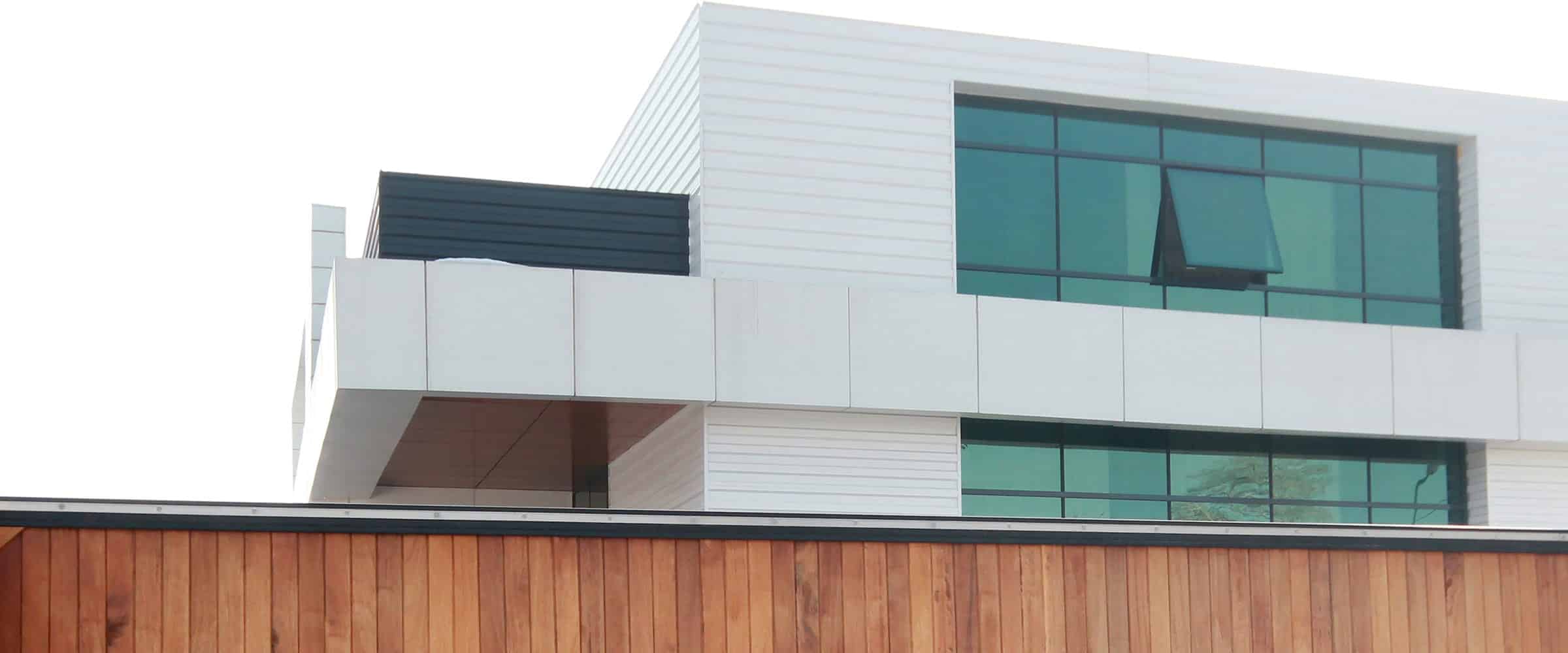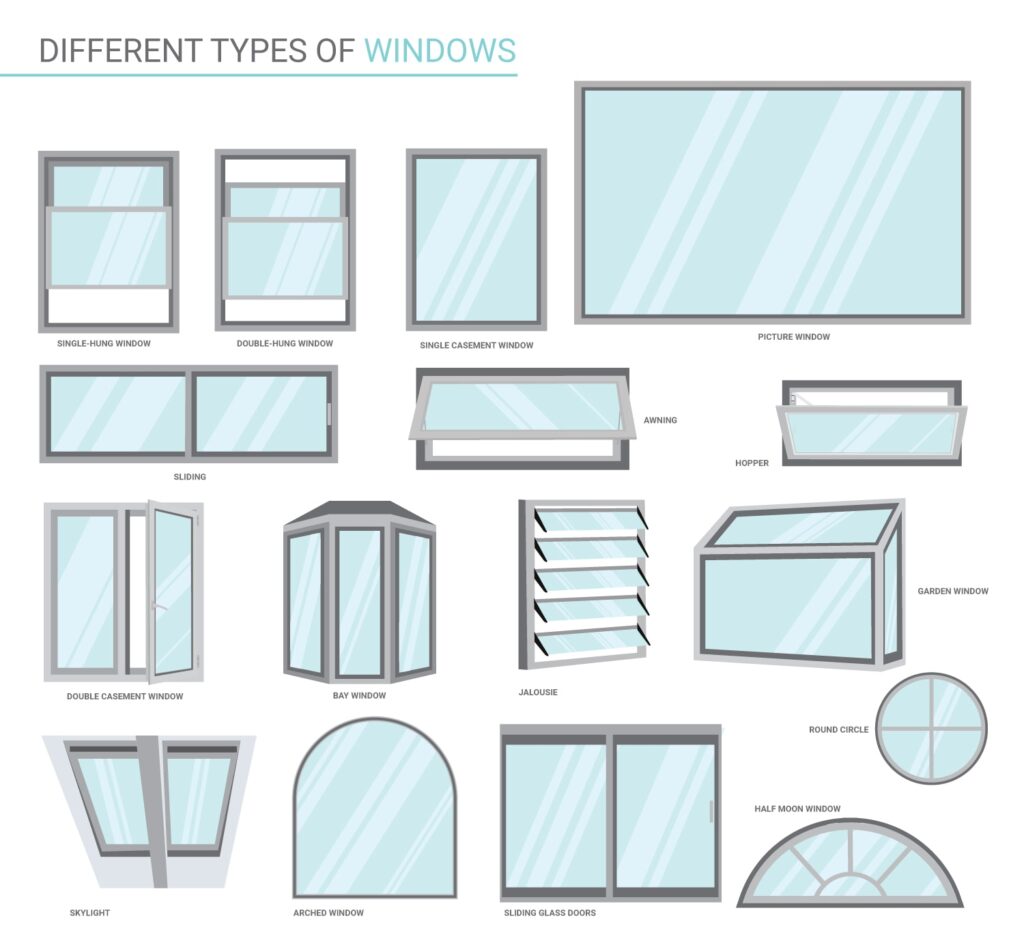
Glazing Systems
In earlier times, windows were simply holes cut into walls to let air in. Later, glass frames were developed which allowed light to pass through but kept out wind, rain, and snow. Nowadays, windows have become increasingly sophisticated, with manufacturers using new materials that offer more energy-efficient features.
Single-pane windows are the most common choice. However, they allow the most heat to pass through via conduction and convection. Dual-pane windows were developed to improve insulation and reduce the flow of heat. These windows consist of two pieces of glass with an air space between each panel. Some dual-pane glass windows even replace the air between the glass with heavier-than-air gases such as argon or krypton to slow down heat transfer.
As energy efficiency has become more important in home and building construction, developers now prefer triple-pane and quadruple-pane window units. However, window film dealers should be careful when dealing with multiple-pane windows. Certain window film types, such as dyed films that absorb a greater degree of heat, can cause excess stress on the glass panes and lead to breakage.
There are other types of glass windows available, each designed to meet specific needs. Fixed units usually contain a higher percentage of glass and provide better solar heat gain control. However, they don’t offer as much ventilation compared to operable windows.
Hinged windows, such as casings, awnings, and hoppers, provide low air leakage when the hinge is clamped shut, creating an effective seal. On the other hand, sliding windows, whether single-hung, double-hung, or horizontal sliders, allow more air to leak inside than hinged windows. Repeated openings and closing of sliding windows can wear down the sliding sash and frame materials, which are made of lighter, less rigid materials, allowing more air to seep through.
Sliding glass windows and French door windows are designed to act like a door and a window. Sliding glass windows, however, are challenging to weather strip around the sliding sill, which creates more air leakage. In contrast, French door windows are more substantial and offer better air blockage.


